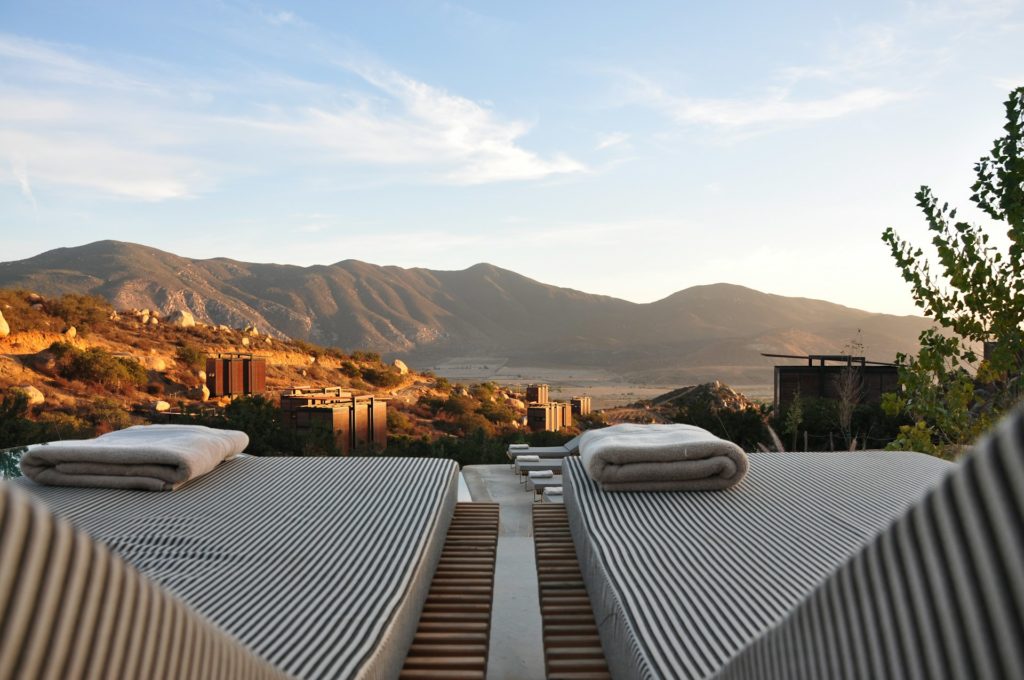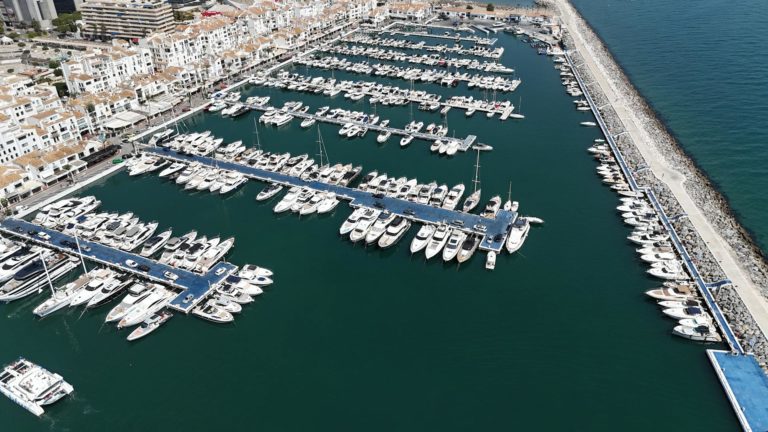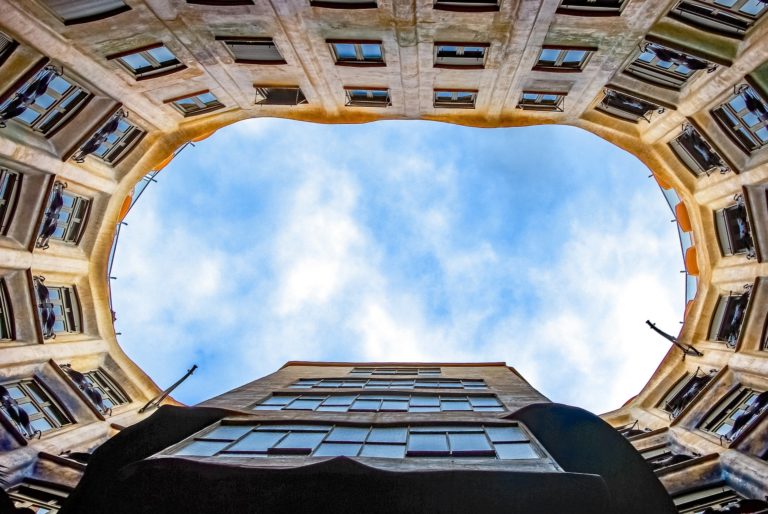
Discretion and understated elegance have long been the cornerstones of luxury hotel management on a global scale. For decades, those seeking prestigious brand hotels during their business or leisure trips knew they could count on impeccable facilities in the heart of bustling cities, along with a meticulous respect for their personal preferences – be it in dining, scheduling, shopping, or service. However, a shift is afoot as we welcome a new profile of guests into the world of luxury hotel stays.
The luxury market, and hospitality in particular, is witnessing a transformation, driven by individuals in their 30s and 40s with substantial purchasing power. According to a study by Bain & Company, this new target audience is projected to constitute 80% of the global luxury personal goods market by the year 2030.
For this discerning group, the focus has shifted from tangible products to the realm of experiences. With luxury brands now widely accessible, and the prevalence of high-quality counterfeits, authenticity and uniqueness have taken center stage. This phenomenon is where our spotlight falls in the realm of luxury hotels.
Personalizing Experiences in Luxury Hotels
In this age of data abundance, Big Data emerges as a valuable source of insights, enabling the creation of bespoke packages catering to diverse customer profiles. The new paradigm in the hotel industry demands that investments prioritize truly meaningful experiences. This translates into exclusive offers and unparalleled events that evoke extraordinary experiences in unique destinations. As detailed in the research study “The product is me: Hyper-personalized consumer goods as unconventional luxury” (2021) today’s new consumer profiles view luxury as an all-inclusive concept. They value options that adapt to their individual preferences rather than adhering to a one-size-fits-all model. Consider the following examples:
- Immersive experiences, like small-group excursions, tastings, and courses, fostering a deeper connection with the local environment.
- Brand storytelling that engages with multiple senses (smell, touch, sight, and sound) to convey the essence of the hotel, its heritage, and its philosophy.
- Tailored itineraries designed to align with each guest’s interests, such as private museum tours, VIP access to concerts, and exclusive event invitations.
- Personal concierge services for reserving tables at local restaurants, planning itineraries, shopping, and more.
- Leveraging data from past stays to ensure that returning guests are assigned their preferred rooms and receive the services and amenities they have previously enjoyed.
Successfully blending tangible products with exclusive services remains a significant challenge in modern hotel management. Some brands have already recognized the importance of innovation in this regard. For example, Four Seasons has introduced luxury watches and bags to their services, allowing guests to request these items for short-term use, perfect for attending a party or a night at the theatre. Meanwhile, Dior has integrated the concept of “Branded Spas” into carefully selected luxury hotels. Guests undergoing treatments can immerse themselves in a Dior space, enjoying the ambiance adorned with Dior fabrics and indulging in a beauty ritual within an experience that has been christened “Dioriginel.”
Navigating Growth in the Luxury Market
One of the big questions in the hotel industry is how to expand when luxury experiences are inherently tailored to a very specific niche. The answer, yet again, lies in personalization. A case in point can be found in the article, “Luxury hospitality: Trends, challenges, and best practices“.
Aman, the esteemed luxury resort chain, was born in 1988 in Phuket, Thailand, with a boutique hotel that epitomized “exclusivity, exceptionalism, and privacy.” These values were manifest in exquisite architecture and service that anticipated every guest’s needs. This philosophy of exceeding guest expectations propelled the brand’s prestige and business growth. Today, Aman Resorts has 34 properties across 20 destinations, with 15 nestled within or near natural areas protected by UNESCO. These properties continue to uphold the mantra of simplicity, elegance, and a deep respect for cultural and natural heritage.
This core principle aligns directly with the sustainability strategies that every modern luxury hotel must adopt to resonate with environmentally conscious guests. When guests learn that their preferred hotel embraces zero-waste policies, generates renewable energy, and reduces carbon emissions, they feel their experience contributes to environmental preservation – an integral part of the unique wishes of today’s guests.
In the 21st Century, management of luxury hotels requires a reimagining of personalization, placing the customer experience at the forefront for the client in their early thirties who can pay for exclusive experiences in an incredible destination and expects premium service. Hotel development strategy must extend beyond mere responsiveness to guest requests; it’s about crafting an experience tailored to their unique personality and heightened expectations.



